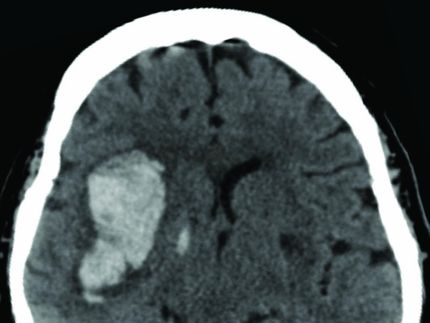ThromboGenics Completes Patient Enrolment of MITI IV Trial, Evaluating the Safety and Preliminary Efficacy of Microplasmin
Advertisement
ThromboGenics NV announced that it has completed patient enrolment for its Phase II MITI IV study. The primary purpose of this study is to evaluate the safety and preliminary efficacy of microplasmin when administered intravenously to acute stroke patients between four and twelve hours after the onset of the stroke.
MITI IV (Microplasmin in Treatment of Ischemic stroke - IntraVenous) is a Phase II, multicentre, double-blinded, placebo-controlled, ascending-dose clinical trial evaluating the safety of the intravenous administration of microplasmin in 40 patients with acute ischemic stroke. The trial is investigating three dose regimens of microplasmin (2, 3, and 4 mg/kg total dose) and placebo. The trial is also designed to provide preliminary efficacy data using radiographic assessments and plasma surrogate biomarkers. Clinical outcomes are assessed at seven days and 30 days post-treatment, and at each of these visits neurological assessments are performed.
Microplasmin is a truncated form of the natural human protein plasmin, which plays a key role in dissolving blood clots such as those that cause acute stroke. It is a direct-acting thrombolytic agent that has the potential to restore blood flow efficiently within an extended period after a stroke event and has potentially fewer side-effects than other thrombolytic agents. Currently the only approved pharmacologic treatment of acute ischemic stroke is tPA, an indirect-acting thrombolytic. However tPA must be administered within three hours after the stroke has occurred and has the risk of causing unwanted bleeding events.


















































